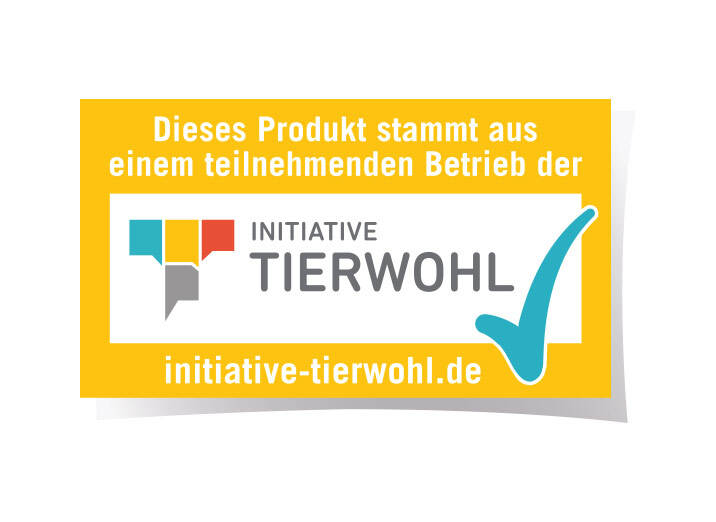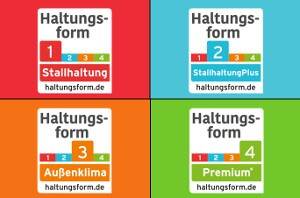Latest developments in livestock farming and animal welfare in Germany
The end of August, the Competence Network for Livestock Farming, led by former German Federal Minister of Agriculture Jochen Borchert, decided to end its work on the transformation of livestock farming in Germany. While the commission acknowledged some initial steps were taken to improve the state of animal welfare in Germany, the primary reason for the premature termination is the lack of adequate funding.

Background and termination
The Competence Network for Livestock Farming, established in 2019 was an advisory network bringing together diverse stakeholders in agriculture, trade, consumer protection, environmental and animal welfare, and academia. After two years of work, a transformation plan for German animal husbandry was presented, but it wasn't fully implemented by either the previous Merkel (CDU/CSU/SPD) government or the current Scholz (SPD/Gruenen/FDP) government. Doubts arose in May this year and most members no longer wanted to wait due to insufficient financial support by the government and support for the long term plan to improve animal welfare and modernize the livestock sector. However, some members like Bund für Umwelt und Naturschutz Deutschland (BUND) want to continue working, seeing recent changes as an opportunity for transformation.
Responses from politics and associations
Diverse stakeholder responses followed the Commission's end, but with a broad consensus that Germany must continue its sustainable transformation of animal husbandry. Next to critical reactions from opposition parties in parliament, leading agricultural associations like DRV and DBV criticized both the previous and current governments for a lack of determination and stressed that the relocation of German animal husbandry abroad must be prevented. Some NGO’s and alterative farmer organizations were more mild. The current changes in the German construction and environmental laws and the introduction of the new national label for animal welfare as a promising start.
National label animal welfare
The new obligatory label for German meat production value chain, introduced by Minister Özdemir in June this year, has five levels of animal welfare, including organic, and will be first introduced for fresh pig meat. In a later stage it will be extended to sows, piglets and boars and the poultry and beef sector.
Agricultural Minister Özdemir plans to expand labelling for the out-of-home food service, support stable renovations and provide financial aid for more animal-friendly husbandry in a strategic plan for the next ten years. The coalition is currently working on securing permanent financing for future initiatives beyond the 1 billion Euro reserved for the first steps in the pig sector.

Approaches of food retailers
Apart from government efforts, private-sector initiatives like food retailers are aiming to improve animal welfare in Germany while increasing consumer transparency. In 2015 a five level animal welfare label (Initiative Tierwohl) was introduced for fresh poultry and pork meat not including animal welfare in the husbandry, transport and slaughter. Often this label appears alongside the four-tier husbandry label (Haltungsform) on meat packaging, which was introduced by eight leading retail food chains in spring 2019 for labeling fresh, unprocessed, seasoned, or marinated meat from pigs, cattle and poultry.

Recently Lidl announced to improve the welfare of animals in its supply chain by upgrading their permanent assortment of fresh beef to Haltungsform levels 3 or 4 from October 2023 to early 2024, emphasizing its continuing support for German farmers. Large German retailer Aldi Süd is following suit by transitioning most fresh meat, milk, frozen meat and sausages to levels 3 and 4 and continuing to fresh turkey meat starting March 2024.
While retailers are taking steps on their own to enhance animal welfare, it remains to be seen what concrete steps the federal government will take to improve animal welfare after the dissolution of the Borchert Commission. The Commission’s developed transition plan of the German animal husbandry sector remains as a fundamental basis. In any case, leading food retailers are already taking measures and it remains to be seen if joined forces can achieve the goal of more animal welfare in Germany.